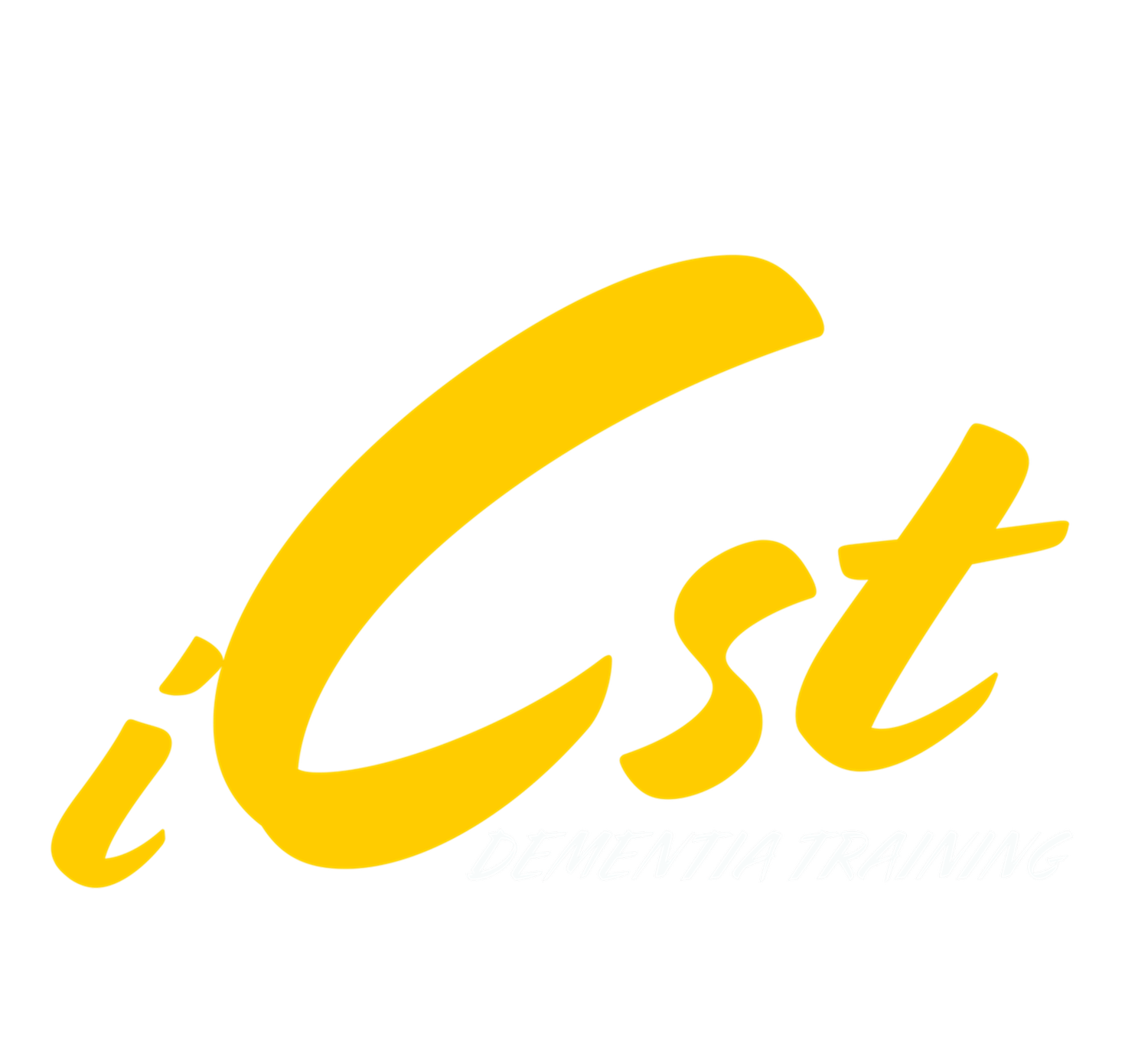CAN DEMENTIA EDUCATION TRAINING ALONE IS SUFFICIENT TO IMPROVE THE QUALITY OF CARE?
Dr Phuong Leung (Dementia Research Fellow-Fellow of the Higher Education Academy)
Critical Workforce Gaps
in Dementia Education and Training
The growing numbers of people being diagnosed with dementia have led to the high demands in care. Preparing the dementia health and social care workforce with improvement of dementia knowledge and awareness to deliver best quality of care is paramount. One of the key features of National Dementia Strategies is to focus on dementia education training for the dementia health care and social workforce to deliver high quality of care (Department of Health 2009).
Recent research investigating the impact of dementia education and training on the knowledge, attitudes and confidence of health and social care professionals finds that dementia education training had limited impact on the knowledge, attitudes and confidence of health and social care professionals. This finding is in line with previous studies that may influence health care professionals' feeling of confidence and competence to deliver the best practice such as the provision of practical support, staff promotion of autonomy and trust. Therefore, education training alone is insufficient to improve the quality of care (Parveen et al., 2021).
It is essential to improve health and social care professionals’ dementia knowledge as well as their feelings of confidence and competence in delivering the quality of care. Weiss and colleagues (2020) identified a range of critical gaps in dementia education training and recommended research focus areas to increase the size and level of expertise of a dementia-capable workforce.
Dementia Education Training
Translating theories and implementing research evidence into clinical practice.
References
Department of Health. Living well with dementia: a national dementia strategy. London: Department of Health, 2009.
Parveen, S., Smith, S. J., Sass, C., Oyebode, J. R., Capstick, A., Dennison, A., & Surr, C. A. (2021). Impact of dementia education and training on health and social care staff knowledge, attitudes and confidence: a cross-sectional study. Bmj Open, 11(1). doi:10.1136/bmjopen-2020-039939
Weiss, J., Tumosa, N., Perweiler, E., Forciea, M. A., Miles, T., Blackwell, E., .Worstell, M. (2020). Critical Workforce Gaps in Dementia Education and Training. Journal of the American Geriatrics Society, 68(3), 625-629. doi:10.1111/jgs.16341


